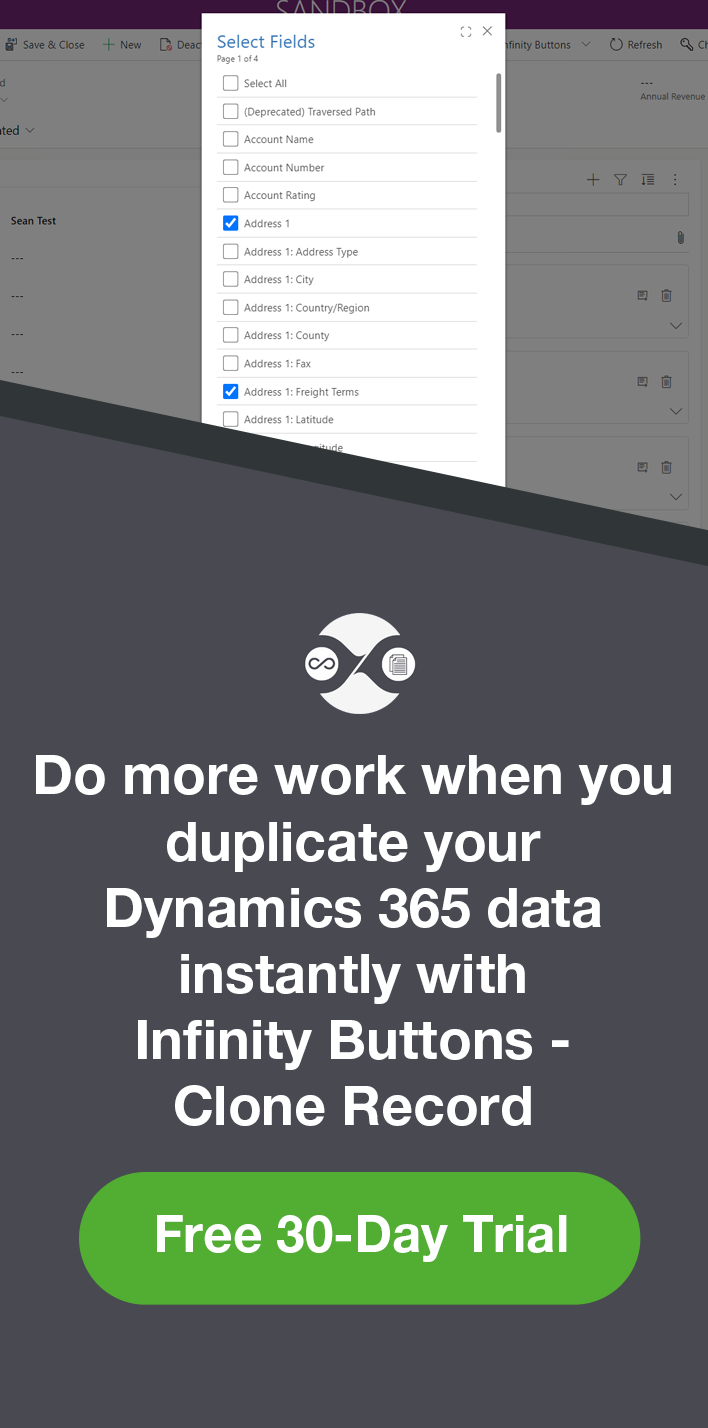The System is Silent!
John Eccles, 31 October 2010
A couple of years ago I listened to an employee complain about our student management system. One of the issues that had arisen as a result of an internal audit was that some international students had expired visas or expired medical insurance and some had not had their homestay accommodation checked in the last six months per our QA policy. Any of these omissions would have compromised our high quality record if found by an external NZQA auditor.
“The problem is that the system is silent,” advised the Registrar. “All the information is in the files and recorded in the student management system, but the files are silent and the computer is silent.”
 *
*
It turned out that it was possible to make the student management system generate a reminder, but this functionality wasn’t used. This was, in part, due to the poor software, which made it difficult to input reminders and which did not do a very good job of reminding - there was a “to do” list which was accessible via a small button in the corner of a screen. When I looked at the list, it had thousands of out-of-date reminders plus a few future reminders.
A good reminder system is essential! How much business have you lost by missing a crucial date? What about late-payment penalties? Have you had contracts roll-over which you would have liked to re-negotiate? In this example, it could have cost the College a good Quality Assurance rating which was critical for renewed government funding and student recruitment.
I think a good reminder system should have the following features:
1. Automatic reminder input
In the example given, entry of the required visa expiry date should have automatically generated reminders. Entry of the medical insurance expiry date should likewise have automatically generated reminders. Entry of the last homestay inspection date should have triggered the reminder in 6 months’ time.
2. Simple manual reminder input
If it’s difficult, it will either take too much time or won’t get done.
3. Integration with your calendar
You need a good visual display of what’s coming up.
4. An efficient reminder system
I like pop-ups that allow me to defer them if I am busy – like a sleep button on an alarm clock.
5. Prompt for information/response
It is too easy to cancel or delete an alarm without doing the work necessary. So the system should prompt for information to ensure nothing is missed. For example, the student visa reminder should not go away until either a new visa date is entered or the student’s enrolment is terminated.
6. Escalation of reminders
If the reminder is not actioned on time, it should be automatically escalated to the supervisor or other appropriate person. In this example, I should have been automatically advised if a student’s records were not compliant with our QA requirements. The most common time for a system to fail is when staff are sick or when new staff start. Automatic escalation is a safeguard against this. In fact, it may be helpful to have multiple levels of escalation for really critical reminders.
The provision for reminders is built-in to Microsoft Dynamics CRM and all the features above can be implemented.
If you already have Microsoft Dynamics CRM or maybe another CRM system, make sure you take advantage of the reminder facilities so your system won’t be silent.
* Image from: http://www.toiletpaperentrepreneur.com/blog/marketing-strategies-for-small-business

